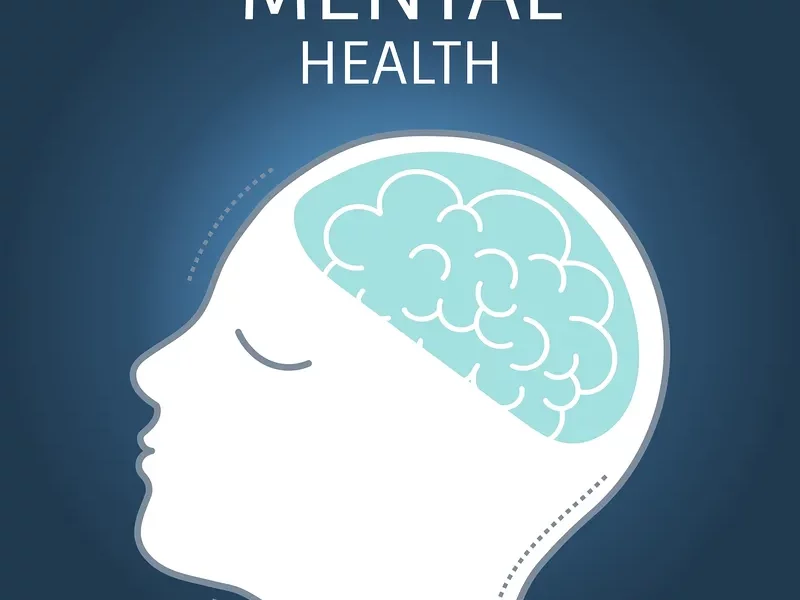By Lea Milligan
It’s now widely recognised that there is a crisis in mental health. In September, a staggering 1.6m people in the UK are waiting for mental health treatment on the NHS, and 1 in 4 people globally are impacted by a mental illness at some point in their life.
This crisis is only being exacerbated by the increasing cost of living, global conflicts causing generational trauma and the ongoing fallout from COVID-19.
Lack of equitable access to services, treatment and resources means the most vulnerable in society continue to suffer disproportionately.
Everyone assumes that addressing this crisis requires more doctors, more appointments and more mental health treatment centres. Whilst one answer is, yes, we absolutely need more of these, it’s not the only answer.
More services are not the sole solution: We also need more research.
Mental health research is the secret weapon that often is overlooked by policy makers.
- Research shows us where to focus resources, so that we don’t just blindly throw money and time at the parts of the system that are not working.
- Research helps move people through the system faster, giving them more effective treatments and faster diagnoses.
- Research reduces the number of people requiring acute care by providing effective prevention strategies and intervention methods.
Research speeds up access to services:
The EnCAMHS project, sponsored by Greater Manchester Mental Health NHS Foundation Trust, is working to improve and refine the referral process to CAMHS (Child and Adolescent Mental Health Services). By mapping and raising awareness among professionals of the different types of support available for children and young people, the EnCAMHS team are hoping to reduce waiting lists and speed up access to care for the most urgent cases.
Research improves treatments:
I have seen firsthand the incredible breakthroughs in treatments that have come from targeted investment in research.
MQ researcher Dr Colette Hirsch from King’s College London developed a new treatment for anxiety and depression called cognitive bias modification for interpretation (CBT-I). New treatments such as this help provide a greater range of treatment choices, more important now than ever because, according to the World Health organisation, the pandemic triggered a 25% increase in anxiety and depression worldwide.
Dr Jennifer Wild from Oxford University has developed a new treatment for PTSD in health care workers, with a 90% recovery rate. This is an unprecedented success rate for a group highly vulnerable to traumatic stress.
And Dr Ethel Mpungu has developed a community-based therapy for people living with both depression and AIDS in rural Uganda. The 578 participants of her study remained symptom free from depression 12 months later. Her work has been internationally recognised and, due to its success and cost-effectiveness, it is being rolled out across other African nations, improving the lives of millions of people.
Research can help us prevent mental ill-health in the first place:
For example, the IDEA (Identifying Depression in Early Adolescence) project has created a prediction model to identify the young people who are most at risk of developing depression in later life. This tool can be used to identify the most vulnerable before depression can take hold, getting them timely interventions that can prevent a lifetime of mental ill-health.
This Mental Health Awareness Week (9-15 May), plenty of people will be talking about smashing stigmas, reducing loneliness and the need for more mental health support. And, of course, these are absolutely important. Vital even. But don’t forget about research.
Because it is only through research that we can truly make progress.
Lea Milligan is CEO of MQ Mental Health Research, a charity that funds world-class research and innovation to create better mental health care.

